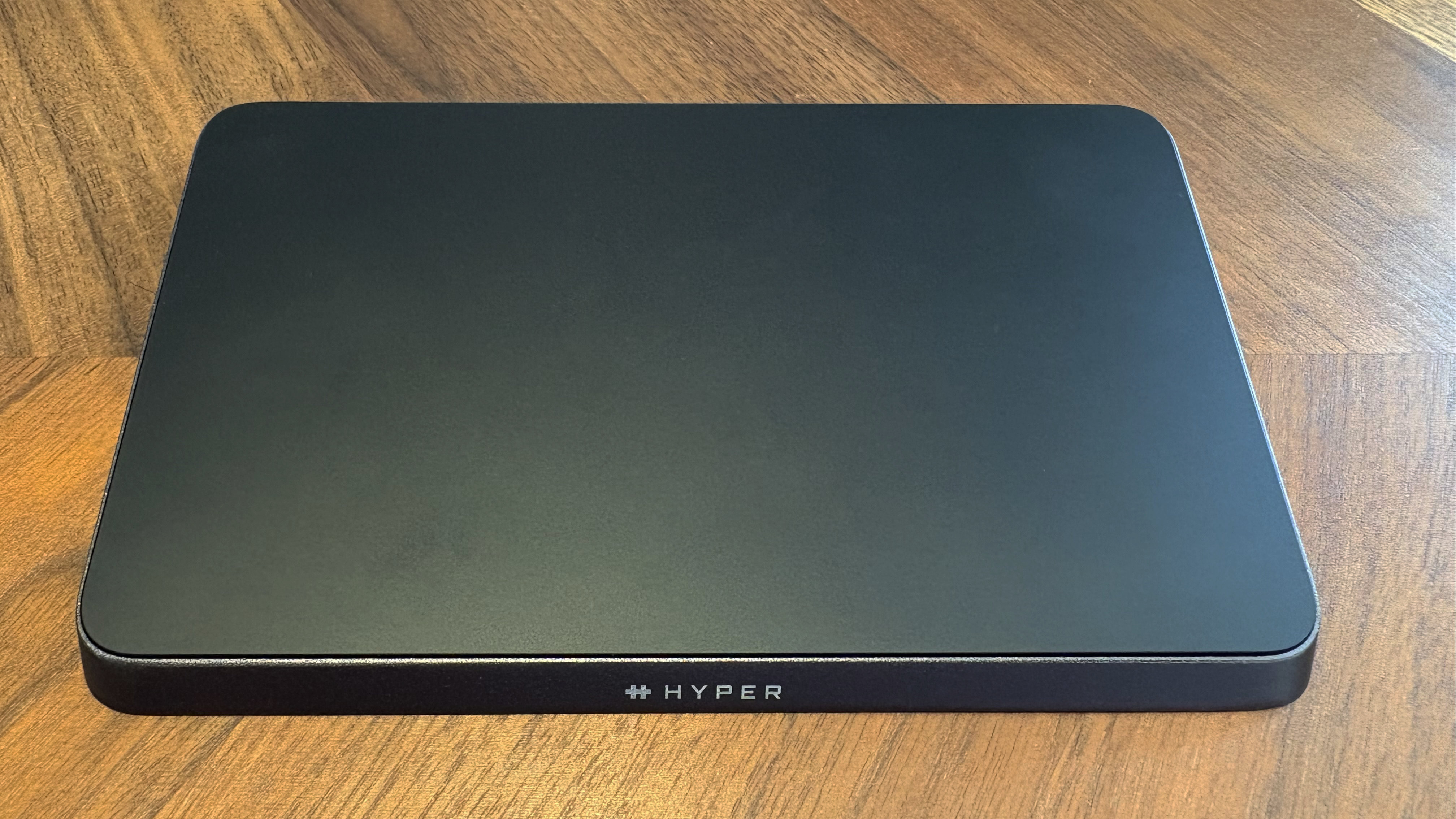Microsoft will let users uninstall Edge, Bing, and disable ads on Windows 11 as it complies with the Digital Markets Act
Microsoft ensures Windows 11 is compliant with the Digital Markets Act in the European Economic Area.
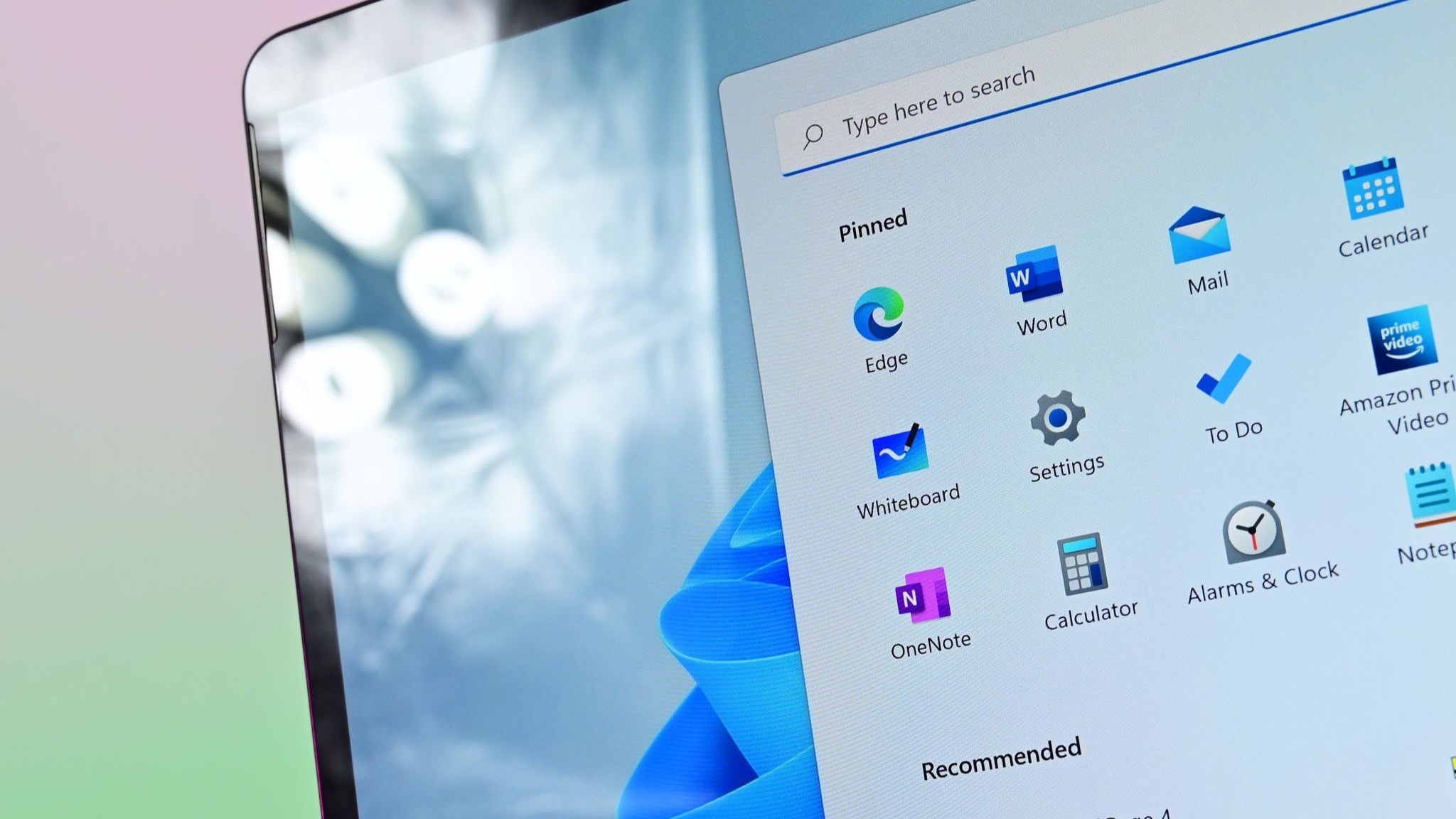
What you need to know
- Microsoft has published a blog post detailing how it's making Windows 11 compliant with the Digital Markets Act (DMA) in the European Economic Area (EEA.)
- The changes will allow PCs in EEA markets to uninstall Microsoft Edge, disable Bing in Windows Search, and turn off the Microsoft News feed and ads in the Widgets Board.
- The company is also ensuring Windows 11 acknowledges user defaults, and will allow users to uninstall almost all in-box apps from the OS.
Microsoft has published a new blog post which details how Windows 11 will be made compliant with the Digital Markets Act (DMA) in the European Economic Area (EEA.) To be compliant, Microsoft has made several changes to the OS, which now allows users to choose between providers and uninstall most in-box apps.
The biggest changes come in the form of the ability to uninstall the Microsoft Edge web browser, as well as remove Bing Search from the Windows Search pane. This joins the already growing list of in-box apps that can be removed by the user, with there now only being a few system apps, such as File Explorer and Phone Link, that cannot be uninstalled.
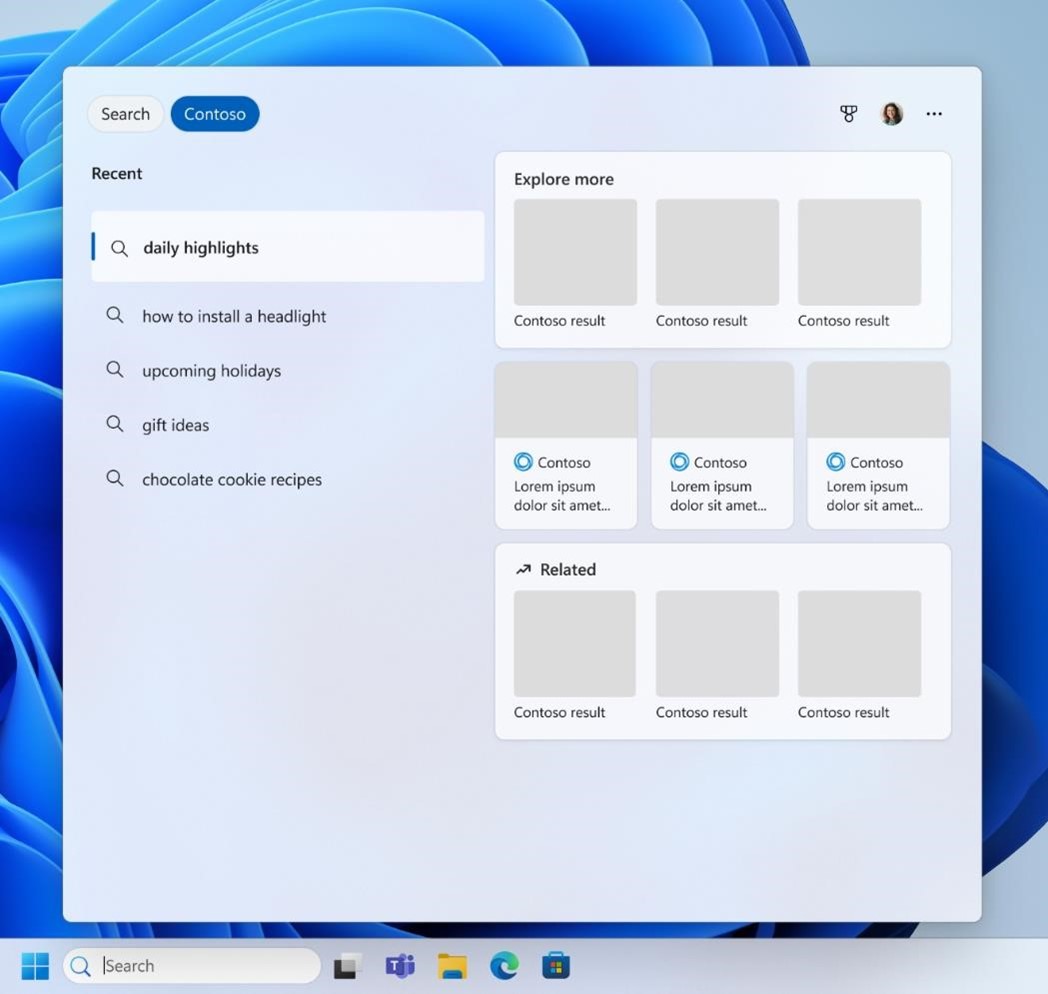
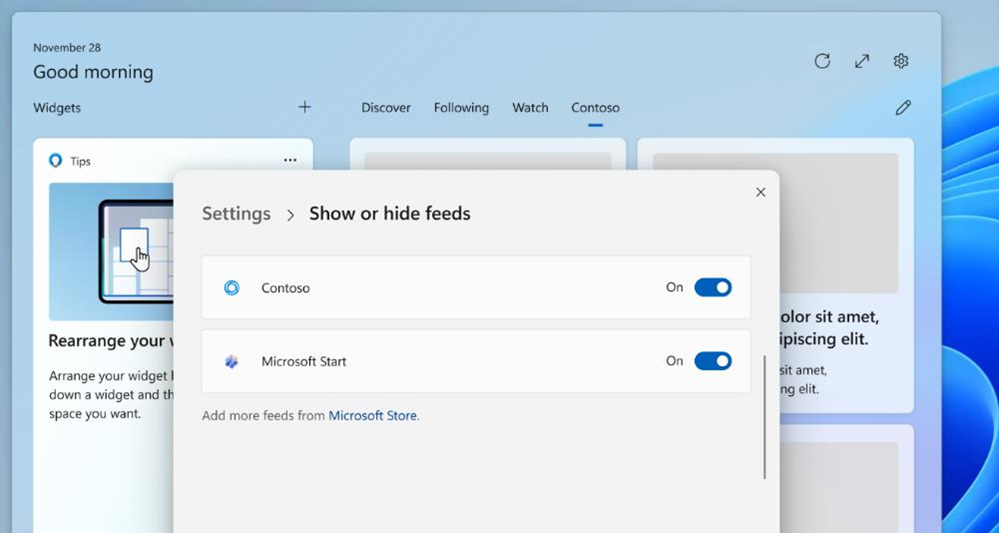
Additionally, Microsoft is rolling out an update to the Widgets Board that will allow users to turn off the Microsoft News and ads feed, while keeping widgets for those who wish to utilize them. The company describes these changes as specific to Windows 11 PCs in the EEA, so it's unclear if users outside this area will be able to utilize these functions.
Other changes Microsoft is making to Windows 11 is ensuring the OS remembers the users' set defaults. Whether that be a web browser or email client, Windows will now respect your default choice. The OS will now also ask users in the EEA if they want to sync Windows with a Microsoft account.
These changes will rollout in preview on Windows 11 in the Insider Beta Channel in the coming weeks, and will become generally available early next year. Microsoft says Windows 11 will be fully compliant with the DMA by March 6th, 2024. Many of these same changes will roll out to Windows 10 by then, too.
What countries are affected by these changes?
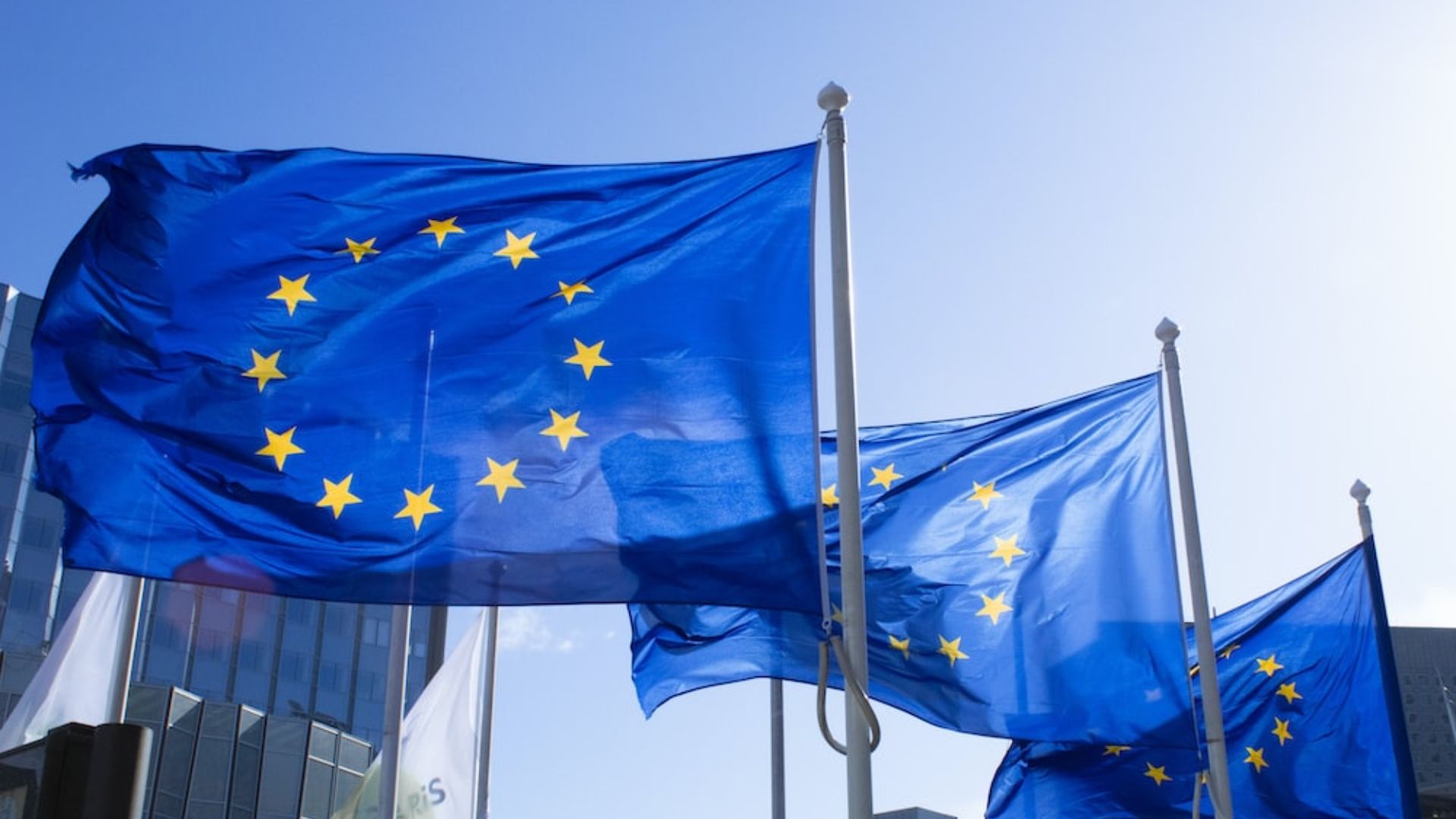
The EEA is an economic and political union that spans 27 countries in the European and surrounding area. The list of countries included in the EEA are:
- Austria
- Belgium
- Bulgaria
- Croatia
- Republic of Cyprus
- Czech Republic
- Denmark
- Estonia
- Finland
- France
- Germany
- Greece
- Hungary
- Iceland
- Ireland
- Italy
- Latvia
- Liechtenstein
- Lithuania
- Luxembourg
- Malta
- Netherlands
- Norway
- Poland
- Portugal
- Romania
- Slovakia
- Slovenia
- Spain
- Sweden
What is the Digital Markets Act?
The Digital Markets Act (DMA) is a set of established rules and criteria for large online platforms to adhere to in EEA markets. The goal is to ensure users are free to choose the services they want on whatever platform they wish to use, and not be locked to the specific services a platform maker wants them to use.
All the latest news, reviews, and guides for Windows and Xbox diehards.
In the case of Microsoft, this means not forcing users to use Edge or Bing, and ensuring the OS is interoperable with other services where necessary. One of the rules of the DMA is allowing users to uninstall and pre-installed software or apps.
It's not just Microsoft that needs to adhere to the DMA either, both Google and Apple are in the same boat, and will need to be compliant with these same rules going forward.
Ultimately, the DMA is looking to ensure users always have choices in the software and services they use. It also aims to look out for third-party services that have previously been unfairly treated by a platform's terms and conditions.

